Business Africa
Alliance of Sahel States: Toward Accelerated Economic Integration
In the face of persistent regional instability, recurring security crises, and growing distrust of traditional regional institutions, Mali, Burkina Faso, and Niger formed the Alliance of Sahel States (AES) in September 2023. This initiative stems from the three Sahelian countries’ desire to build a strengthened cooperation framework focused on their shared strategic interests, initially in defense and security, and now increasingly in economics.
The AES emerges amid a broader geopolitical repositioning: the three member states voiced their disagreement with certain ECOWAS policies, particularly regarding sanction mechanisms and what they consider excessive pressure. They thus chose to withdraw from the West African regional bloc and establish an autonomous alliance rooted in sovereignty, inter-state solidarity, and the construction of an alternative economic space.
Since their withdrawal in January 2024, the Alliance has taken concrete steps to accelerate integration. These include the elimination of mobile roaming fees between the three countries, the development of a joint passport, and, on the trade front, the implementation of a unified 0.5% customs duty on imports from non-member countries. These measures reflect a shared ambition to build a solid regional economic foundation.
A path toward economic sovereignty.
But the recent creation of the Confederal Bank for Investment and Development (BCID-AE) marks a significant turning point. With an initial capital of 500 billion CFA francs, the bank aims to finance critical infrastructure and support local industrialization.
“This project is not just a financial move, it’s a political act of sovereignty,” says international economist Magaye Gaye. “It reflects the Sahel states' desire to finance their own development.”
To succeed, however, the AES must overcome several challenges: securing the pledged capital, attracting strategic partners such as China, the BRICS, or African sovereign wealth funds, and establishing credible governance.
“A clear strategic vision, strong expertise, and well-targeted partnerships are essential,” Gaye emphasizes.
Redefining Relations with International Donors
This momentum could also reshape relations with international financial institutions.
“These banks must revise their priorities and conditions when dealing with AES countries,” Gaye argues. “These states aren’t seeking isolation but rather diversification of their support and a strengthening of their endogenous resources.”
A Common Currency on the Horizon?
Another initiative under consideration is the creation of a common currency.
“It’s possible,” says Gaye. “These three countries alone represent 75% of the WAEMU’s landmass and 50% of its population, a significant critical mass.”
But he cautions: simply exiting the CFA franc will not be enough. Past mistakes must be avoided, particularly the excessive focus on inflation control at the expense of growth and employment.
“Economic policy foundations must be redefined: harmonizing taxation and budgets, and correcting chronically negative trade balances,” he concludes.
The Alliance of Sahel States is forging its own path not through isolation, but through accelerated economic integration and greater control over its development levers. The success of this strategy could redefine the regional economic balance, provided that ambitions are matched by means.
Nigeria: Reviving the Economy Through Digital Innovation
Despite a young population and a strong pool of innovation, Nigeria saw its foreign direct investment (FDI) plummet to $29.83 million in Q2 2024, a 65% year-on-year drop. However, hope is emerging from the tech sector.
Companies like Itana, the first to receive a digital special economic zone license, are helping foreign businesses set up remotely with simplified procedures: remote registration, access to local markets and labor, and streamlined taxation. According to co-founder Luqman Edu, these tools are key to scaling business activities across the continent from a distance.
Experts also highlight Nigeria’s strategic value as a gateway to the African market. The increasing digitalization of services, including ports, is improving efficiency and productivity, offering a competitive edge. The rise of five Nigerian unicorns fuels this momentum, despite ongoing economic headwinds.
Kenya: Denim Industry at Risk Without AGOA Deal
Every year, 8 million jeans are produced in Nairobi for brands like Levi’s and Wrangler. This is a vital industry employing 66,000 people, most of them women, but it may collapse by September.
The reason: the potential expiration of the AGOA trade agreement, which allows Kenyan goods to enter the U.S. duty-free. Without this advantage, many companies in free zones, such as United Aryan, may not survive, warns its chairman Pankaj Bedi. The collapse of Ethiopia’s textile industry after losing AGOA in 2022 serves as a stark warning.
Economists urge Kenya to act proactively by negotiating a bilateral deal with the U.S.** or diversifying markets, especially within Africa through AfCFTA. James Shikwati stresses that Kenya must offer strategic value beyond textiles, especially as the upcoming negotiations promise to be difficult.
Report by Eshokeme James





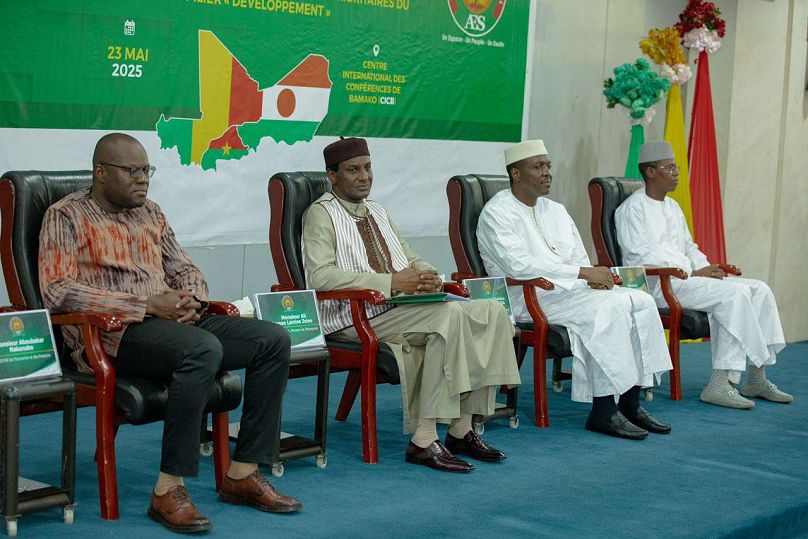
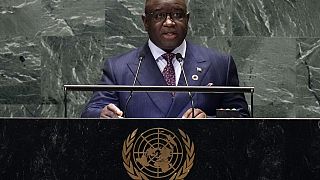



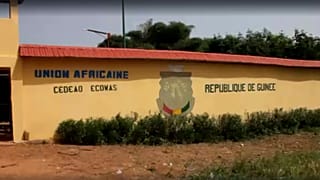
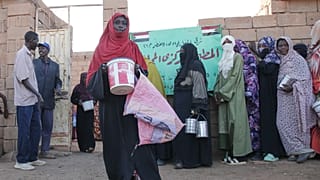
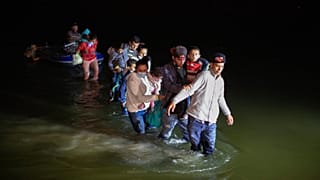
01:16
Nigerian court grant former justice minister bail in 'terrorism' case
01:03
Nigerian court adds terrorism charges to allegations facing ex-justice minister Malami
01:32
Legal case sheds light on US-Nigeria tensions over religious freedom
11:19
Can IFAD’s “First Mile” revolution secure Africa’s food future?{Business Africa}
Go to video
Kenyan man arrested for allegedly luring citizens to fight in Ukraine
01:00
Pix of the Day, 26 February 2026